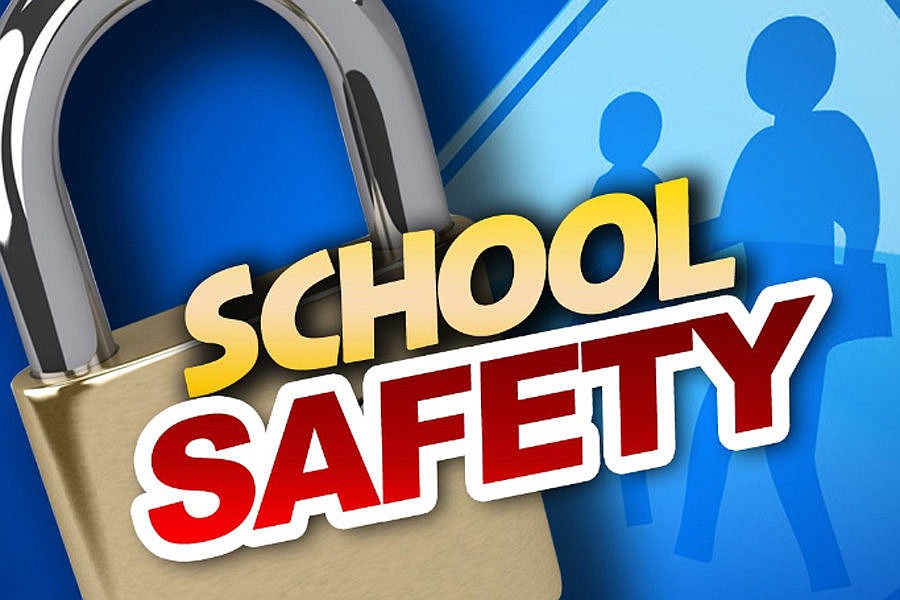- January 7, 2025
-
-
Loading

Loading

E + R = O … Event + Response = Outcome.
That equation comes to mind as the prickly saga continues to unfold with the Sarasota County School Board and its response to the new state law requiring higher security at all of the district’s schools.
By comparison, if you scan what has transpired among the state’s school districts since the Legislature hurriedly adopted the Marjory Stoneman Douglas School Safety Act, the Sarasota School Board has engulfed itself in what appears to be the state’s most contentious debate over how to fulfill its mandate.
Why, even the often dysfunctional Manatee County School Board has demonstrated unusual solidarity, working in concert with Manatee Sheriff Rick Wells to add enough “guardians” to cover every school. (Guardians can be armed officers, but they do not have the same arresting authority as sheriff deputies and municipal police officers.)
Although the Manatee County Commission previously voted not to share the cost of hiring more sheriff’s deputies, Wells has said his office would provide more deputies if the district falls short on guardians for the upcoming school year.
It’s remarkable — Manatee officials’ spirit of cooperation. And what a stark contrast to Sarasota County.
From the start, Sarasota School Superintendent Todd Bowden and Sarasota Sheriff Tom Knight clashed, two alpha dogs snarling at each other from the moment they met.
They each bear some responsibility for fueling their disrespect for the other, and they bear some culpability for exacerbating the overall strife surrounding the issue.
But if you have observed the three months of theatrics, let’s be honest: Bowden and the school board majority of Shirley Brown, Jane Goodwin and Caroline Zucker, as leaders of the organization that should be seeking advice and assistance from law-enforcement experts, haven’t demonstrated the leadership, diplomacy and judgment to be expected.
Rather than resolve differences and work with county and municipal law-enforcement agencies on how best to increase school safety, pay for the increase and serve taxpayers, the school board majority, with Bowden’s willing acceptance, opted to create an entire school district-operated police department. And do it by the state’s August deadline.
Anyone with business and organizational experience knows such an endeavor, on a scale of the school district, is daunting and full of inevitable, unavoidable pitfalls and setbacks. And that’s if you’re already in the business at hand. To take on an operation to the extent the state has mandated in the time allotted and without the capital needed would be a venture on which pragmatic, risk-smart CEOs would pass.
We have said this before: Stick to your knitting. Do what you know. Play to your strengths. Outsource to the experts.
At least one school board member recognizes this. Ten days ago, School Board Chair Bridget Ziegler wrote what is obvious to outside observers:
“[T]he district is simply not ready to launch a full-scale police force … by August.”
She made a compelling case: “The complications of command and control, of communications and coordination with local law enforcement agencies, of everything from purchasing equipment to handling dispatch, to the significant levels of vetting and training, are just not in the short-term wheelhouse of a school district dedicated to providing students the highest quality education in Florida.
Ziegler urged her fellow board members to suspend the district’s efforts to create a police force and instead “finalize agreements with law enforcement agencies for the coming school year. Upon the completion of proper due diligence, … the board can revisit whether an internal police department is a viable solution.”
From the start, it should have been obvious for the school board to ask Sarasota County’s sheriff and four municipal police chiefs (Longboat Key, Sarasota, Venice and North Port) for their expertise on how best to harden security at the county’s public schools.
And it should have been obvious that the school board and superintendent should have opted to stick to education and rely on law enforcement to provide student safety.
Once they devised a strategy and plan, the board and law enforcement should make the financial case to taxpayers.
You’re on the same team. Serve the taxpayers. That response would produce the best outcome.